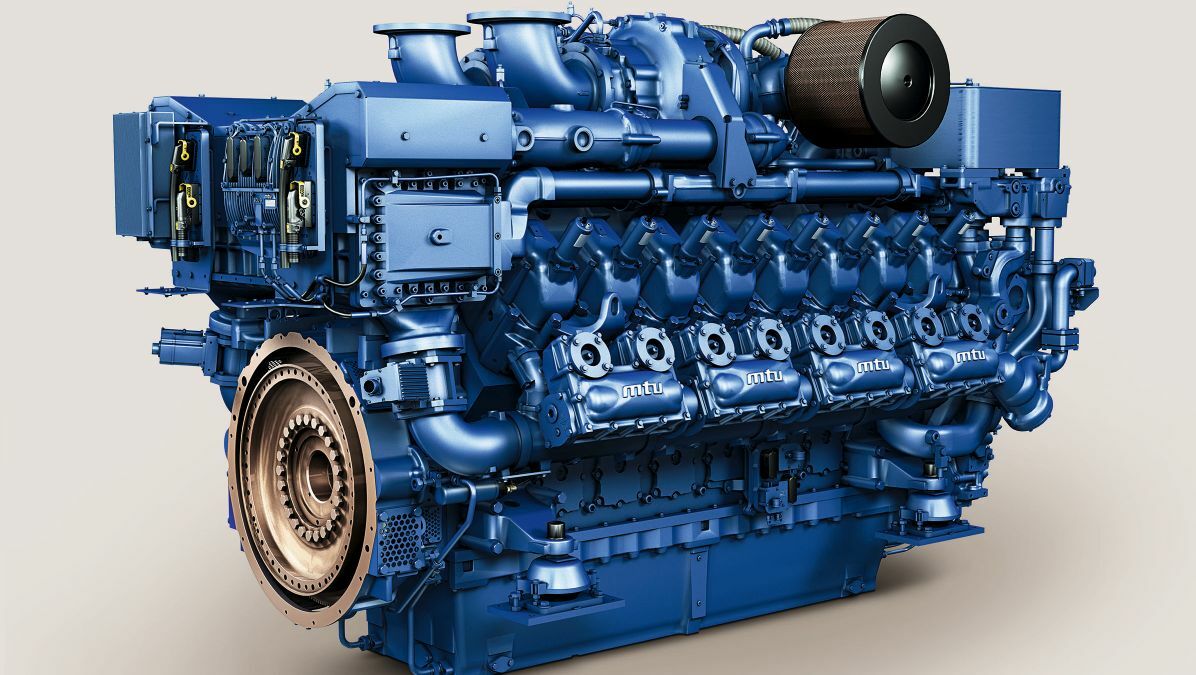Obtain the Perfect Fit with Engines For Africa's Diverse Option
Obtain the Perfect Fit with Engines For Africa's Diverse Option
Blog Article
A Total Overview to Selecting the Right Engine for Your Task
Choosing the ideal engine for your job is a vital choice that can considerably impact its overall success. Each of these elements plays a crucial role in guaranteeing that your chosen engine not just satisfies prompt objectives however also lines up with lasting ambitions.
Define Your Job Requirements
Defining your task needs is a vital action in selecting the suitable engine for successful application. A detailed understanding of your task's goals will guide you in recognizing the capabilities and attributes required from an engine. Begin by describing the range of your task, including the desired performance, target market, and the particular end results you aim to achieve.
Following, take into consideration the technical requirements that straighten with your job objectives. This consists of reviewing the compatibility of the engine with existing systems, as well as the shows languages and structures that will be made use of. Furthermore, assess the level of scalability needed to fit future development or modifications in demand.
Budget plan constraints likewise play an essential duty in defining your job needs. Establish a clear financial framework to assist your decision-making process, making certain that the engine chosen fits within your budget while supplying the required performance.
Evaluate Performance Requirements

Following, take into consideration the scalability of the engine. Analyze whether it can deal with boosted work as your task expands. Engines that sustain horizontal scaling are frequently better for bigger applications. In addition, evaluate the engine's efficiency under different problems, such as peak use scenarios, to ensure it fulfills your dependability requirements.
Take Into Consideration Ease of Use
While technological specifications are vital, the ease of use of an engine can dramatically impact the growth process and overall job success. An intuitive interface, clear documentation, and structured workflows can considerably decrease the learning curve for designers, enabling them to concentrate on creativity and analytic as opposed to coming to grips with complex tools.
When reviewing an engine's ease of use, think about the onboarding experience. A well-structured intro, total with tutorials and sample tasks, can help with a smoother change for new customers. Furthermore, the clearness and comprehensiveness of the engine's documentation play a critical role; comprehensive guides and API recommendations can empower programmers to fix and implement features efficiently.
Another aspect to take into consideration is the engine's customization capabilities. An engine that enables simple modifications can be more user-friendly, as programmers can customize it to fit their particular demands without important source comprehensive hassle. Finally, examine the workflow integration with systems and devices you currently use. A cohesive ecological community can boost efficiency and minimize friction throughout the advancement procedure. Ultimately, choosing an engine that focuses on ease of usage can bring about an extra pleasurable and productive advancement experience.
Assess Neighborhood and Assistance
The toughness of an engine's neighborhood and assistance network can substantially affect a programmer's experience and success. A vibrant area usually shows a riches of common expertise, sources, and fixing support that can improve your project's growth procedure. When examining an engine, consider the dimension and activity degree of its neighborhood. Larger areas typically use more online forums, tutorials, and third-party plugins, making it possible for developers to discover services extra efficiently.
Moreover, evaluate the availability of main support channels. Reliable documentation, receptive customer assistance, and routine updates are essential for dealing with technical problems and keeping your job on course. Engines For Africa. Active neighborhoods additionally promote cooperation, supplying possibilities for networking and comments, which can be very useful, specifically for little groups or independent programmers
Additionally, examine the visibility of community-run events, such as meetups or hackathons. These celebrations can improve your understanding of the engine while linking you with experienced individuals and potential partners. In recap, a robust neighborhood and support system not only improve growth but also develop an atmosphere conducive to learning and innovation, eventually boosting the possibility of your task's success.
Compare Cost and Licensing Options
Budget considerations play an essential function in selecting the appropriate engine for your project, as the cost and licensing alternatives can substantially influence both temporary costs and lasting viability. Engines For Africa. Different engines offer differing pricing structures, which can consist of single purchase costs, registration versions, or revenue-sharing arrangements based on your task's profits

Licensing options additionally vary substantially. Some engines are open-source, providing adaptability and community-driven support, while others may require exclusive licenses that restrict use and circulation. Understanding the ramifications of each licensing version is important, as it impacts possession civil liberties, future scalability, and potential legal obligations.
Conclusion
Finally, picking the suitable engine for a project requires a detailed examination of defined task requirements, performance demands, ease of usage, area support, and price factors to consider. By methodically addressing these critical elements, decision-makers can make sure alignment with both current and future job demands. A knowledgeable choice ultimately enhances the probability of job success, allowing effective resource allowance and making the most of prospective end results within the defined budgetary restraints.
Selecting the proper engine for your project is an essential choice that can significantly affect its general this post success.Specifying your task requires is an essential action in choosing the proper engine for successful implementation. A thorough understanding of your job's objectives will guide you in determining the functions and capacities needed from an engine.As soon as you have a clear understanding of your project needs, the next step is to evaluate the performance requirements of the engine.In conclusion, selecting the proper engine for a project requires an extensive assessment of check it out specified job needs, performance demands, ease of use, neighborhood support, and expense considerations.
Report this page